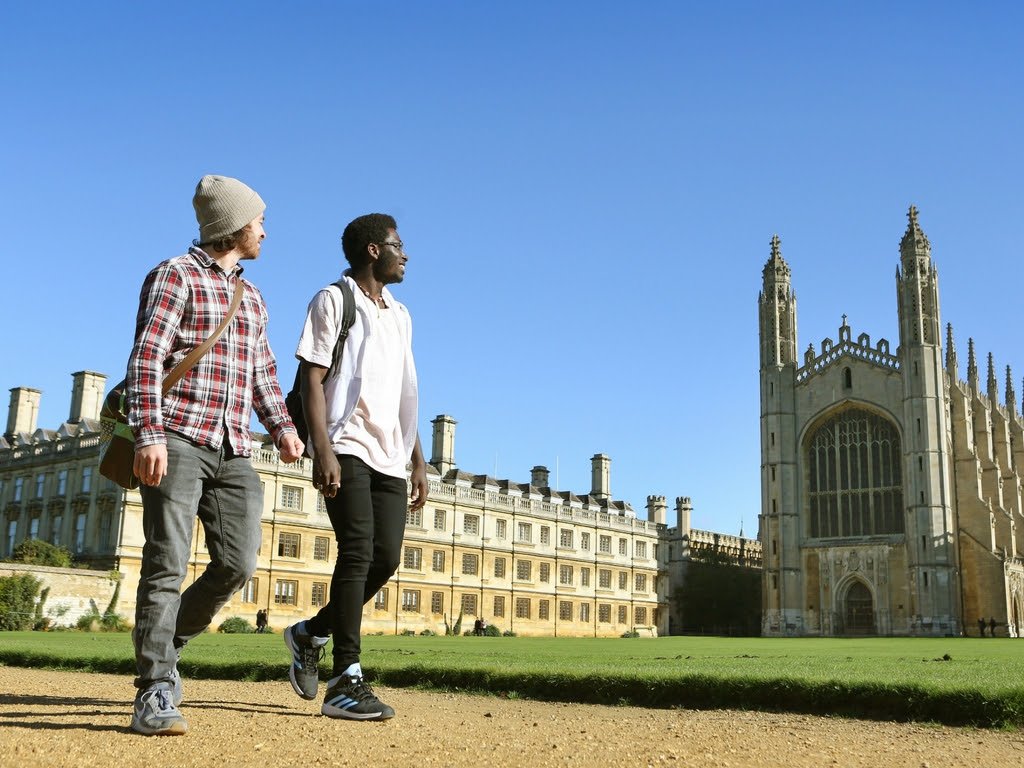
WTTC's latest annual research, in conjunction with Oxford Economics, shows the United Kingdom’s Travel & Tourism sector contribution to GDP grew by 6.2% in 2017, higher than the global average (4.6%) and more than four times faster than the UK’s economy as a whole (which grew by 1.5%).
This growth translated into GBP 214 billion contribution to GDP, 4 million jobs, and GBP 29 billion in exports.
This shows the role of Travel & Tourism in driving economic growth and creating jobs in Britain, and emphasises the vital importance of safeguarding the interests of the sector post-Brexit.
Key research highlights:
- 1 in 8 UK jobs depend on Travel & Tourism
- 5.8% YoY UK domestic travel increase
- 7.9% YoY spending increase by international tourist visitors to the UK
- 2017 UK Travel & Tourism sector grew more than four times faster than UK economy
Speaking at the launch of the report in New York, WTTC President & CEO, Gloria Guevara said: “The strong growth in UK tourism is great news not just for the sector but for the country’s economy as a whole. However, this success cannot be taken for granted. While the weak pound is certainly improving competitiveness in the short term, and driving visitor arrivals and spending, there are significant challenges in the longer-term which will need to be addressed.
“Most critical will be ensuring the country has a workforce which is sufficient in number and skills to support this growth. Furthermore, as outlined by the Prime Minister in her speech earlier this year, the continued inclusion of the UK in EU aviation agreements will be vital if the UK is to continue to enjoy access to high spending EU markets and maintain affordable European travel for residents.
“Finally, as the UK and EU redefine border relationships, both sides must take into consideration the opportunities for safe, secure and seamless travel. Security is paramount, and investment in technologies such as biometrics offer not only increased security, but also a more efficient experience for travellers.
“If the UK is to benefit from the significant opportunities offered by tourism over the coming years, I would encourage the government to prioritise the needs of the sector. The prize is nearly £40billion in exports per year and around 400,000 new jobs – vital for the economic success of Britain outside the European Union.”
WTTC Director of Research Rochelle Turner commented: “Behind this growth lies a double benefit of the sustained weakness of sterling after the EU referendum in 2016. As a result, we have seen an increase of 6.7% in arrivals, the strongest growth in over a decade, boosted by increased price competitiveness and a 7.9% increase of spending by international tourist visitors.”
In addition, British holidaymakers are increasingly opting to stay at home on ‘staycations’, with outbound tourist departures from the UK growing by only 2.5% (compared to 7.8% in 2016 and 9.9% in 2015). Spend on domestic travel, however, increased by 5.8% in 2017.